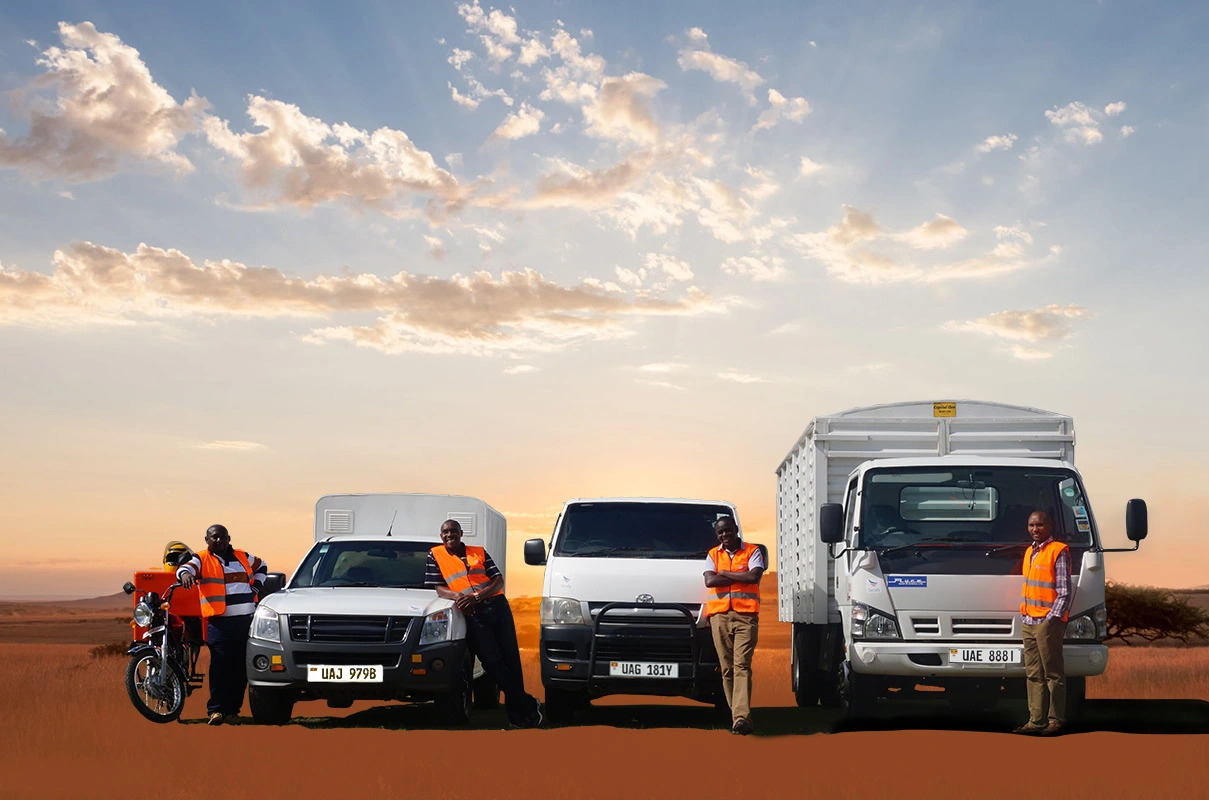Safaricom-backed logistics startup, Sendy has fully transitioned into a B2B business after its product Sendy Transport became exclusively available to only businesses. “Sendy Transport will now be available to businesses only. Convert your account by 30th Sept,” an SMS that the company recently sent to its last remaining B2C customers reads.
Up until this move, Sendy Transport was the startup’s only product still in use by individuals. What this means is that Sendy has fully transitioned into a B2B model as all of its products: Sendy Transport, Sendy Supply and Sendy Fulfillment now solely serve businesses.
“Our mission has been, and continues to be, empowering businesses to trade with ease, and thus we built Sendy Transport for businesses and corporates. As such we will continue to develop it to address and support our business customers’ pain points,” a statement to TechCabal reads.
Sendy officially launched in 2015 as an on-demand delivery platform which linked clients to a network of transporters for goods deliveries.
The startup was established to digitally transform the logistics industry in Kenya, but it has met with multiple challenges since its inception. In 2016, for example, it closed its boda-boda or taxi-hailing business after two months amidst growing competition in the taxi industry in Kenya.
In August, the Nairobi-based startup told TechCabal that it was laying off 10% of its 300-strong workforce. According to its CEO Mesh Alloys, the decision was in response to the “current realities impacting tech companies globally”.
Some of its competitors, Kobo360 and Lori Systems, both based in Nigeria, have struggled during 2020 as a result of the COVID-19 pandemic and accompanying lockdown restrictions, and have had to restrategize
Although Sendy admitted that the pandemic brought with it new challenges in the logistics sector, it started adapting to the new changes. “This shaped a new reality and accelerated our growth in ways that made it easier for retailers to do business,” a document Sendy shared with TechCabal reads. In 2021, despite the challenges of the pandemic, the company expanded to Nigeria and Côte d’Ivoire.
In 2021, the company expressed plans to raise $100 million in 2022 to fund its expansion plan to countries like Egypt, Ghana, South Africa, and Nigeria. But to date, it has only raised a total of $26.5 million from 13 investors, no thanks to the global tech downturn which has made VC less likely to flush startups with money. In addition, sources privy to the matter told TechCabal that Sendy, which currently operates in Nigeria, Kenya, Uganda and Ivory Coast, is halting its expansion into Egypt and South Africa.
Sendy has different products that help businesses sell, move goods, and get financing. Sendy Transport allows businesses to move small packages, medium-sized goods, or large cargo. Sendy Supply allows businesses to purchase stock at competitive prices from multiple manufacturers, and provides credit financing. With Sendy Fulfillment, businesses, mostly online brands and large ecommerce brands can store and distribute their products.
As VC funding dries up, startups like Sendy are seeking the clearest path to profitability, and this might just be one of those moves.
“We are not cutting down any part of our business model. Our current model supports our long-term strategy which is to continue building easy solutions for businesses using our products. So far, all our products are aligned with this goal,” the remainder of the statement reads.
On Friday, the 23rd of September, TechCabal in partnership with Moniepoint (by TeamApt) will host the most important players in tech and business on and off the continent to discuss the future of commerce in Africa. Register now to attend.






















